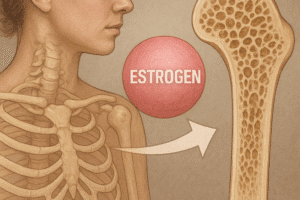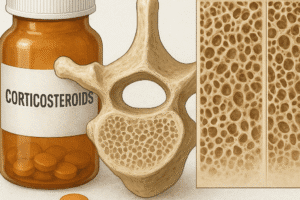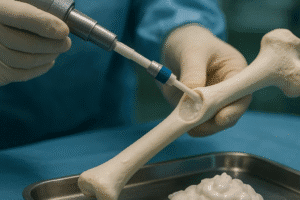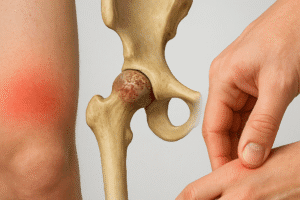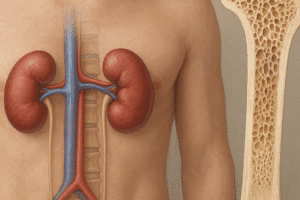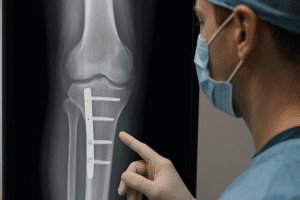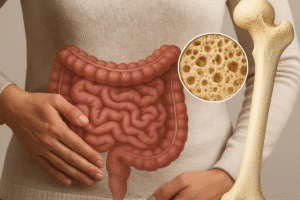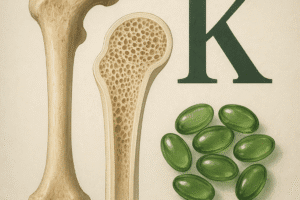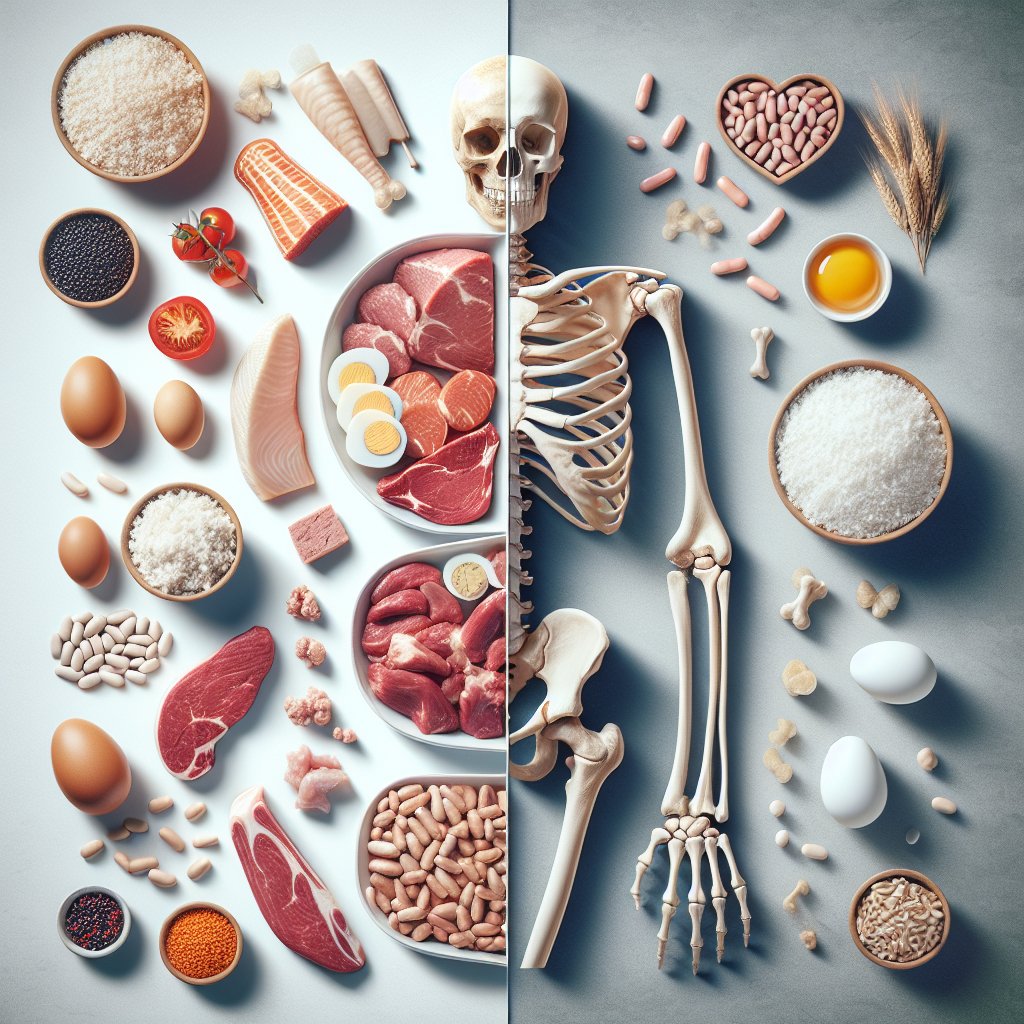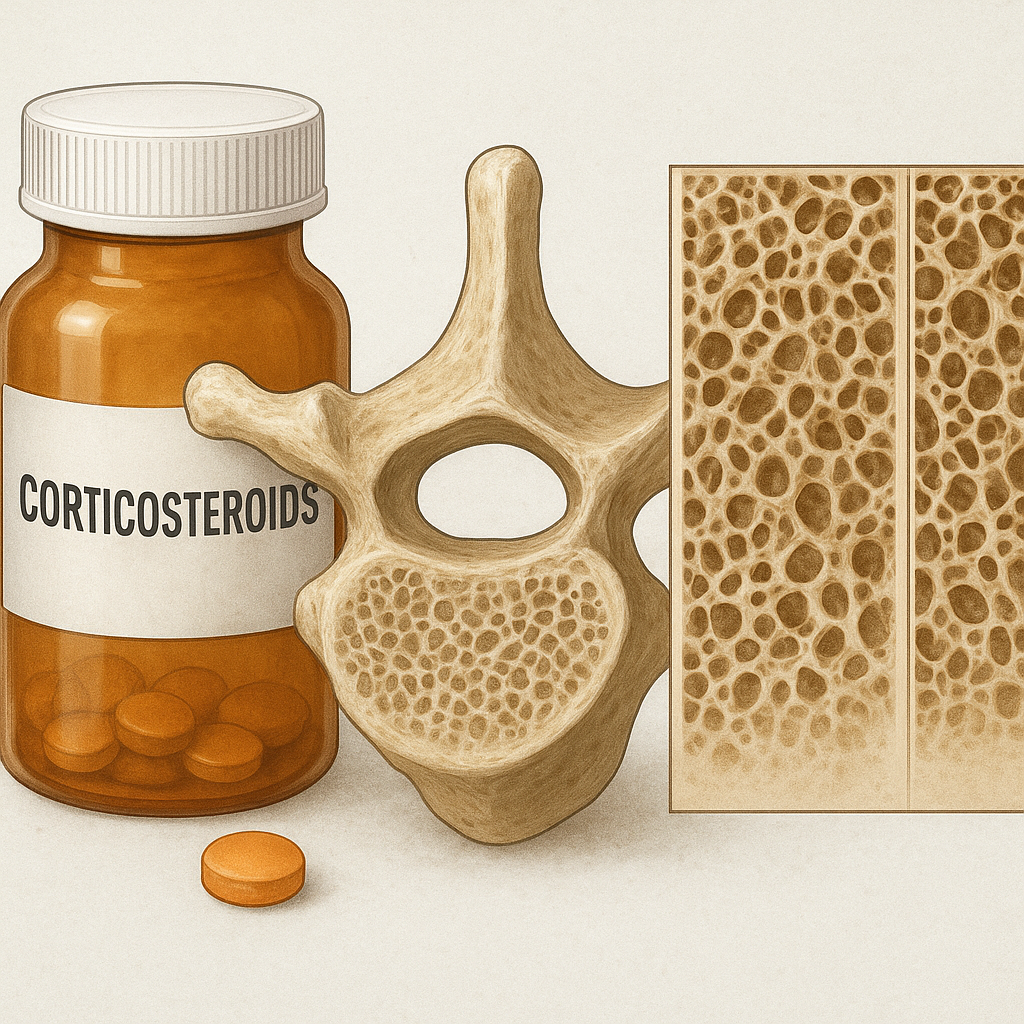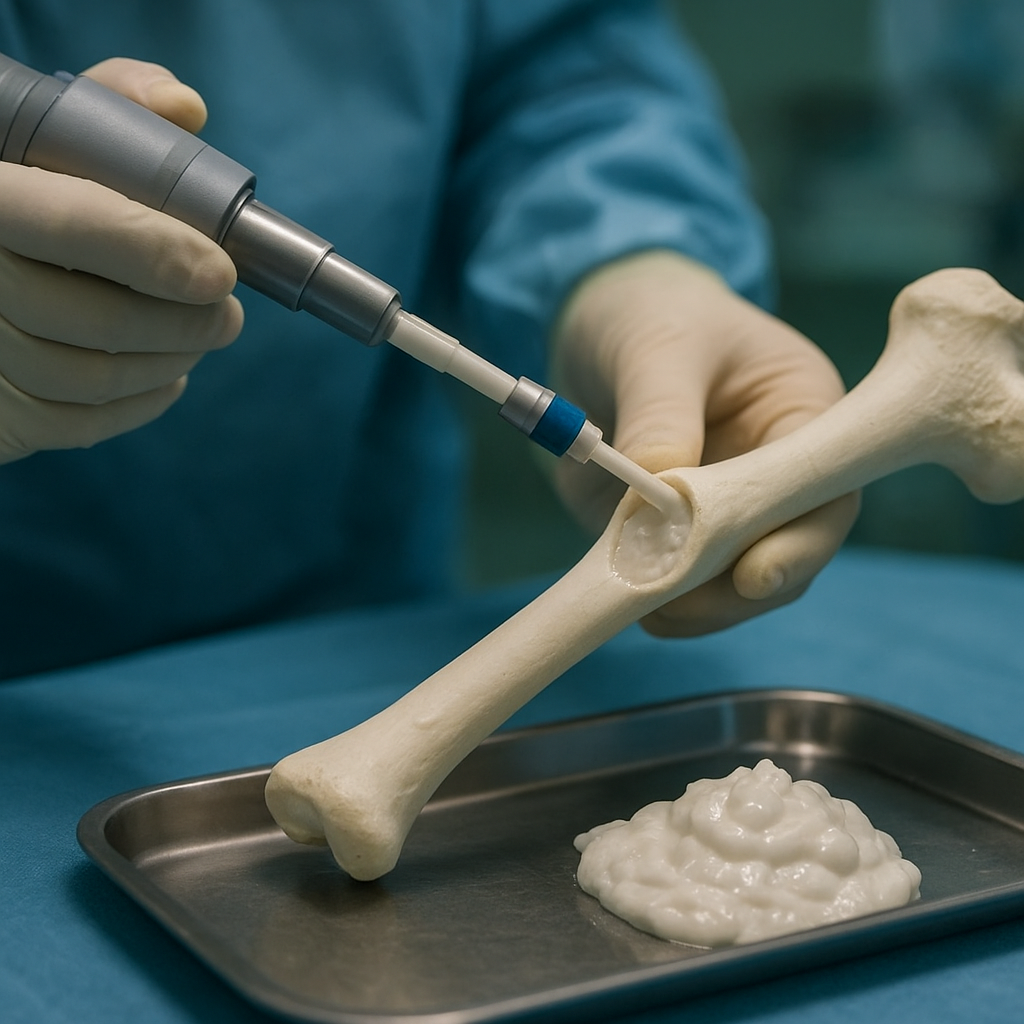Protein consumption plays a crucial role in maintaining overall health, and its impact on bone health is a topic of increasing interest among researchers and health professionals. As we delve into the relationship between protein intake and bone density, it becomes evident that understanding this connection is essential for promoting optimal skeletal health, especially in populations at risk of osteoporosis and fractures. This article will explore the various ways in which protein affects bone health, the types of protein that are most beneficial, and the implications for dietary recommendations.
The Role of Protein in Bone Health
Protein is a vital macronutrient that contributes to numerous bodily functions, including the building and repair of tissues, the production of enzymes and hormones, and the maintenance of muscle mass. When it comes to bone health, protein plays a significant role in the formation and maintenance of bone tissue. Bones are dynamic structures that undergo constant remodeling, a process that requires adequate protein intake to support the activity of osteoblasts (cells responsible for bone formation) and osteoclasts (cells responsible for bone resorption).
Research has shown that protein is essential for the synthesis of collagen, a key component of bone matrix. Collagen provides the structural framework for bones, allowing them to withstand mechanical stress. Additionally, protein contributes to the absorption of calcium, a mineral that is critical for bone mineralization. Without sufficient protein, the body may struggle to maintain optimal bone density, leading to an increased risk of fractures and osteoporosis.
Protein Sources and Their Impact on Bone Health
Not all protein sources are created equal when it comes to bone health. Animal-based proteins, such as those found in meat, dairy, and fish, are often considered high-quality proteins because they contain all essential amino acids necessary for the body’s functions. These proteins have been associated with positive effects on bone density and overall skeletal health.
- Dairy Products: Dairy is rich in both protein and calcium, making it an excellent choice for promoting bone health. Studies have shown that individuals who consume adequate amounts of dairy have higher bone mineral density compared to those who do not.
- Lean Meats: Lean meats, such as chicken and turkey, provide high-quality protein that supports muscle mass and bone health. The amino acids found in these proteins are crucial for collagen synthesis.
- Fish: Fatty fish, such as salmon and sardines, not only provide protein but also contain omega-3 fatty acids, which have been linked to improved bone health and reduced inflammation.
On the other hand, plant-based protein sources, such as legumes, nuts, and whole grains, can also contribute to bone health, although they may not provide the same level of essential amino acids as animal-based sources. However, a well-planned vegetarian or vegan diet that includes a variety of plant proteins can still support bone health effectively.
Protein Intake Recommendations for Optimal Bone Health
Determining the optimal amount of protein for bone health can be complex, as individual needs may vary based on age, sex, activity level, and overall health status. The Recommended Dietary Allowance (RDA) for protein is generally set at 0.8 grams per kilogram of body weight for adults. However, some studies suggest that higher protein intakes, ranging from 1.0 to 1.2 grams per kilogram, may be beneficial for maintaining bone density, particularly in older adults.
It is essential to consider the distribution of protein intake throughout the day. Research indicates that consuming protein-rich foods at each meal can enhance muscle protein synthesis and support bone health. This approach is particularly important for older adults, who may experience a decline in muscle mass and strength, leading to an increased risk of falls and fractures.
Balancing Protein with Other Nutrients
While protein is vital for bone health, it is equally important to balance protein intake with other essential nutrients. Calcium and vitamin D are two critical nutrients that work synergistically with protein to promote bone health. Calcium is necessary for bone mineralization, while vitamin D enhances calcium absorption in the gut.
- Calcium: Adults should aim for a daily calcium intake of 1,000 to 1,200 milligrams, depending on age and sex. Dairy products, leafy greens, and fortified foods are excellent sources of calcium.
- Vitamin D: The recommended daily intake of vitamin D is 600 to 800 IU for most adults. Sun exposure, fatty fish, and fortified foods can help individuals meet their vitamin D needs.
Moreover, other micronutrients, such as magnesium, phosphorus, and vitamin K, also play essential roles in bone health. A well-rounded diet that includes a variety of foods can help ensure that individuals receive all the necessary nutrients to support optimal bone density.
Conclusion
In conclusion, protein consumption significantly affects bone health, playing a crucial role in bone formation, maintenance, and mineralization. Both animal-based and plant-based protein sources can contribute to skeletal health, provided that individuals consume adequate amounts of protein throughout the day. As we age, it becomes increasingly important to prioritize protein intake alongside other essential nutrients, such as calcium and vitamin D, to maintain bone density and reduce the risk of fractures. By understanding the relationship between protein and bone health, individuals can make informed dietary choices that support their long-term skeletal well-being.
